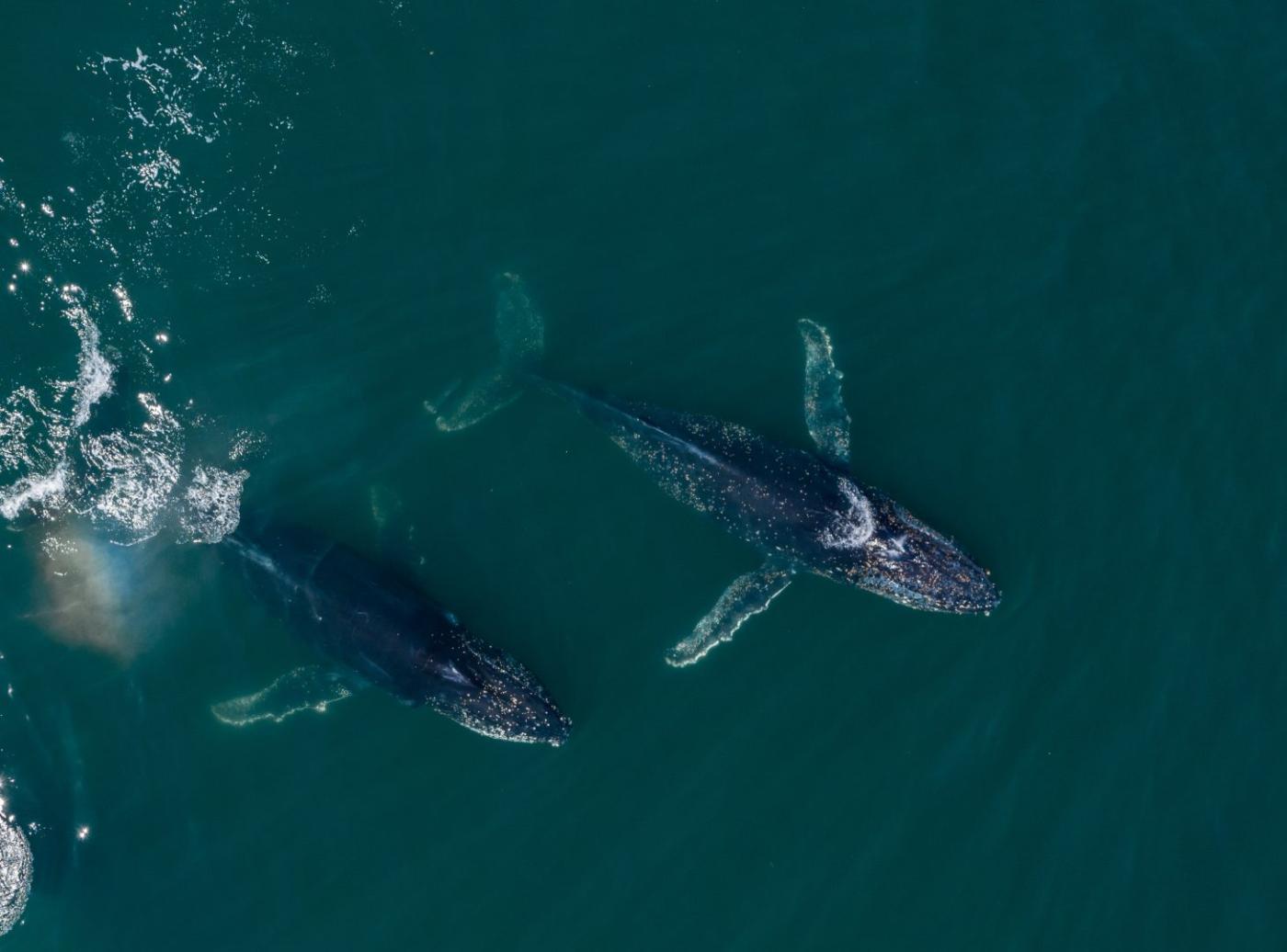Patagonia Azul: Argentina’s largest coastal marine reserve unveiled
In a landmark move for marine conservation and sustainable development, the province of Chubut has officially designated the Patagonia Azul Provincial Park—a new coastal marine reserve covering nearly 300,000 hectares of ecologically critical Atlantic shoreline and nearshore waters in southern Argentina.
ecology other marine lifestyle worldwide news08 june 2025 | 10:06 | Source: Gazeta Morska | Prepared by: Kamil Kusier | Print

fot. Maike Friedrich / Rewilding Argentina
The reserve consolidates and expands several existing protected areas, including Cabo Dos Bahías and Isla Leones, and introduces sweeping new protections across the biologically rich Camarones coastal zone.
Critical habitat for megafauna and fisheries-relevant ecosystems
The newly protected zone includes some of the most productive marine ecosystems in the South Atlantic, including kelp forests (macroalgae beds) that act as nurseries for commercially important species. The area supports over 50 species of seabirds, such as Magellanic penguins, imperial shags, and the endemic flightless steamer ducks (pato vapor)—widely regarded as environmental health indicators.
Marine megafauna is also abundant: humpback whales, sei whales, Commerson’s dolphins, Patagonian dolphins, orcas, elephant seals, and both South American sea lion species are regularly observed in the region.
“No-take” zone with simplified enforcement
The park has been designated a strict no-take zone, prohibiting all forms of commercial and recreational fishing. Its boundaries were deliberately drawn with geometric simplicity to facilitate enforcement—responding to the persistent issue of illegal, unreported, and unregulated (IUU) fishing along Argentina’s continental shelf.
Seven species within the park—including humpbacks, sei whales, Commerson’s dolphins, and steamer ducks—have been legally declared Natural Monuments, affording them the highest level of legal protection under provincial law.
Infrastructure for eco-tourism and blue jobs
The reserve is also expected to become a driver for marine ecotourism and local job creation. The "Isla Tova Gateway," being developed in the town of Camarones, will serve as an access hub for research vessels, wildlife tours, kayaking routes, and coastal trekking trails.
A key enabler of the project was the donation of 18,000 hectares of former private land by the Rewilding Argentina Foundation. Economic forecasts suggest the initiative could generate up to 445 new jobs in sustainable tourism and support services over the next decade.
Ocean diplomacy and long-term impact
Patagonia Azul aligns Argentina with the Global 30x30 Target, which aims to protect 30% of the world’s oceans and land by 2030. In an era of escalating pressure from distant-water fleets, this strategic expansion of marine protection represents not just an environmental victory, but also a clear assertion of sovereign maritime stewardship.
Patagonia Azul emerges as a powerful blueprint for how science-based conservation, community development, and ocean governance can converge in pursuit of a resilient, sustainable marine future.
see also
Kamil Kusier
redaktor naczelny
comments
Add the first comment
see also
Baltic Sea water levels at a record low: a meteorological-oceanographic anomaly with major implications
PLN 15 million allocated for beach nourishment along Poland’s Baltic coast
Dolphins spotted in Szczecin: rare observation near the Pioneers’ Bridge ahead of Christmas
Beka nature reserve: protecting coastal heritage with support from WFOŚiGW Gdańsk
Marina Szafarnia deploys new PortBin through joint business-GOS initiative
The sound of heavy boots: summer season begins at Poland’s Arctowski Station
Bird monitoring confirms low impact of Baltic 2 offshore wind farm on local avifauna
Dead seal washed ashore on Ustka’s western beach. Marine organisations urge public to report, not approach
SG-301 General Józef Haller drills oil spill response off Gdynia
Submarines, Oder National Park, offshore law and VAT. Wednesday marks maritime policy shifts
ADVERTISEMENT
ADVERTISEMENT